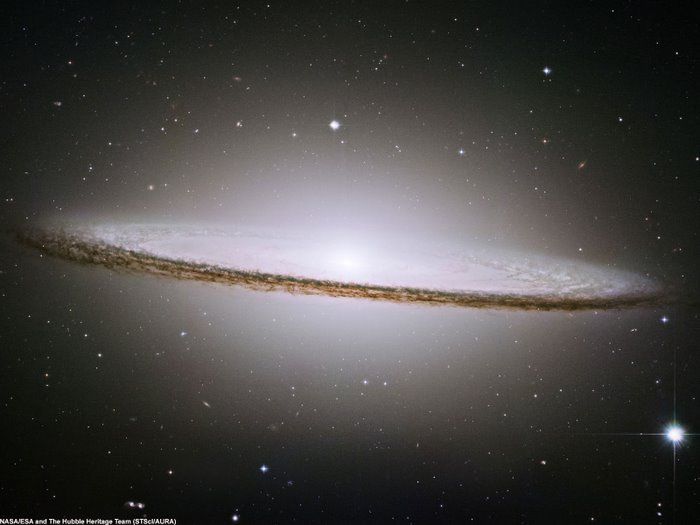This Brain Pattern Could Signal the Moment Consciousness Slips Away
-
Scientists find coordination between key brain waves breaks down in people
under anesthesia.
The post This Brain Pattern Could Signal the Moment Consciou...
13 hours ago





